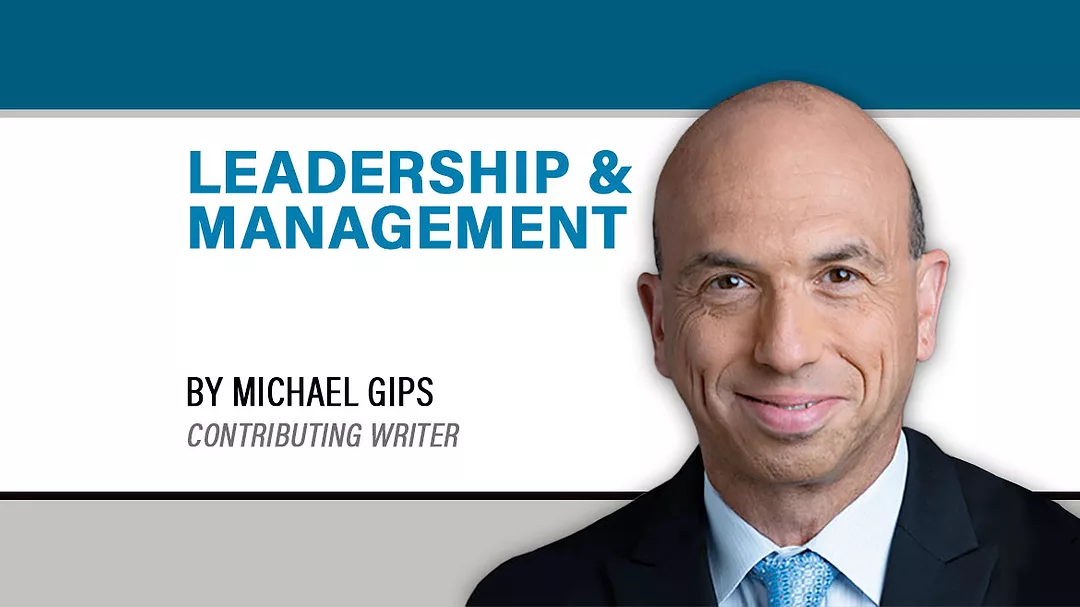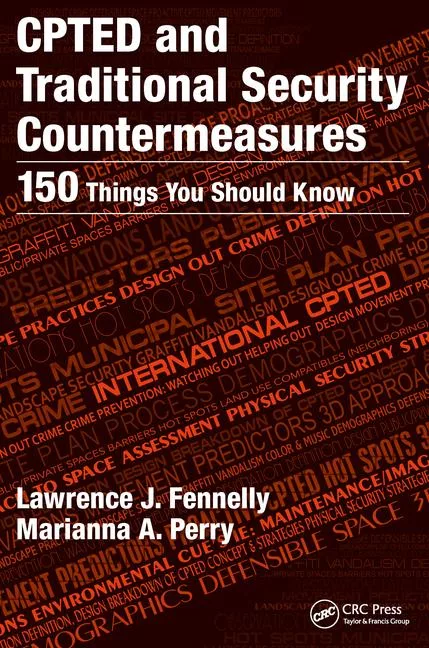Leadership & Management
Absolutely the most important list you will ever read!
Tips to help security leaders navigate endless Internet lists about leadership.

pcess609 / iStock / Getty Images Plus via Getty Images

Say this, not that. Read that, not this. Do this, not that. You too can become a great leader if you simply follow the exhortations of leadership lists that can be found all over the Internet.
Which phrases should good leaders never say? Dozens of articles purport to document the five, eight, 12, or 17 no-nos. Conversely, great leaders may exhibit their very greatness by injecting key incantations in their communications with staff. The Internet is rife with lists of books every effective leader should read, the most productive leadership habits, the top leaders to follow on social media, and probably even the ten best foods, seven best hats, and 12 best catchphrases.
At worst, these lists are silly or mere clickbait. At best, they are useful guides. But almost every tally is subjective, devoid of context, or pat.
Keeping up with them is draining. The sheer number of them can make you, well, listless.
Recognizing that items on such lists are often mere devices employed to make a larger point, below I identify reasonable examples of advice for leaders that come from reputable sources. Then I offer a different perspective.
Things that leaders should never say
“I don’t know”: This phrase appears as taboo on several leadership lists, with critics emphasizing that leaders should add context and substance around these three words, lest the person look unprepared or foolish. But a simple “I don’t know,” especially among your reports, can be disarming, poignant, and honest. Used sparingly and strategically, it can even inspire staff to find the solution.
“I’ll do it myself”: Commentators disparage this phrase because it suggests impatience and lack of faith in staff to accomplish important tasks. But “I’ll do it myself” can be an example of excellent servant leadership, especially if the task is no one’s responsibility, is particularly difficult, or qualifies as scut work. Some security executives have filled in for absent officers at key sites after their regular workday concludes.
“It’s good enough”: The knock here is that the phrase capitulates to mediocrity, that the quality of work must only exceed a low bar. However, the phrase can also mean "don’t let perfect be the enemy of the good,” which signifies that achieving a marginally better result is not worth significant time and effort. “It’s good enough” may represent the most efficient use of resources.
Things that leaders should do
“Make their bed”: Admiral William McRaven’s premise is that making your bed every morning fosters discipline, diligence, intentionality, and organization. It gives you a win first thing in the morning. Although the admiral would probably approve of other actions to substitute for making your bed — washing the breakfast dishes, for example — one could argue that mundane tasks are a waste of time. Do Warren Buffett, Elon Musk, and Jeff Bezos make their beds every morning (I have no idea), or is their time better spent providing value for themselves, their staff, their shareholders, and the public? If making their bed motivates them, comforts them, or helps them clear their minds, great. But for many leaders, it’s a waste of time.
Eat last: Per Simon Sinek, it’s not a good practice — or look — to relax, dine, or leave first when working with your staff in the trenches. Good leaders take care of their people first. Sometimes, though, an effective leader needs to stand on ceremony. In various cultures around the world, declining to break bread or share a first drink with your host is a grievous insult. Lucrative contracts have been lost due to less severe breaches of protocol.
Meditate: All work and no play makes Jack a dull boy — and perhaps a candidate for a mental breakdown. Meditation has proven beneficial effects on blood pressure, memory, and stress, for example. But it’s not for everyone. Walking, jogging, napping, deep breathing, golf, reading, or martial arts can have many of the same effects, especially in combination.
Everyone loves lists — they are pointed, short, and easy to read. Most leadership lists contain at least some nuggets of wisdom, if not a catalog of best practices.
Read them critically, though, and in the context of yourself, your team, your organization, your industry, and your culture — or of whomever you are trying to assist or mentor.
No list fits every purpose or applies universally. This one included.
(Postscript: I wrote this piece on a Southwest flight from Dallas to Washington, DC. A fellow traveler mentioned that Admiral McRaven was on board — but up at the front, while we were in the rear. I did not suggest that the admiral title his next book, Leaders Sit in the Back.)
Looking for a reprint of this article?
From high-res PDFs to custom plaques, order your copy today!







